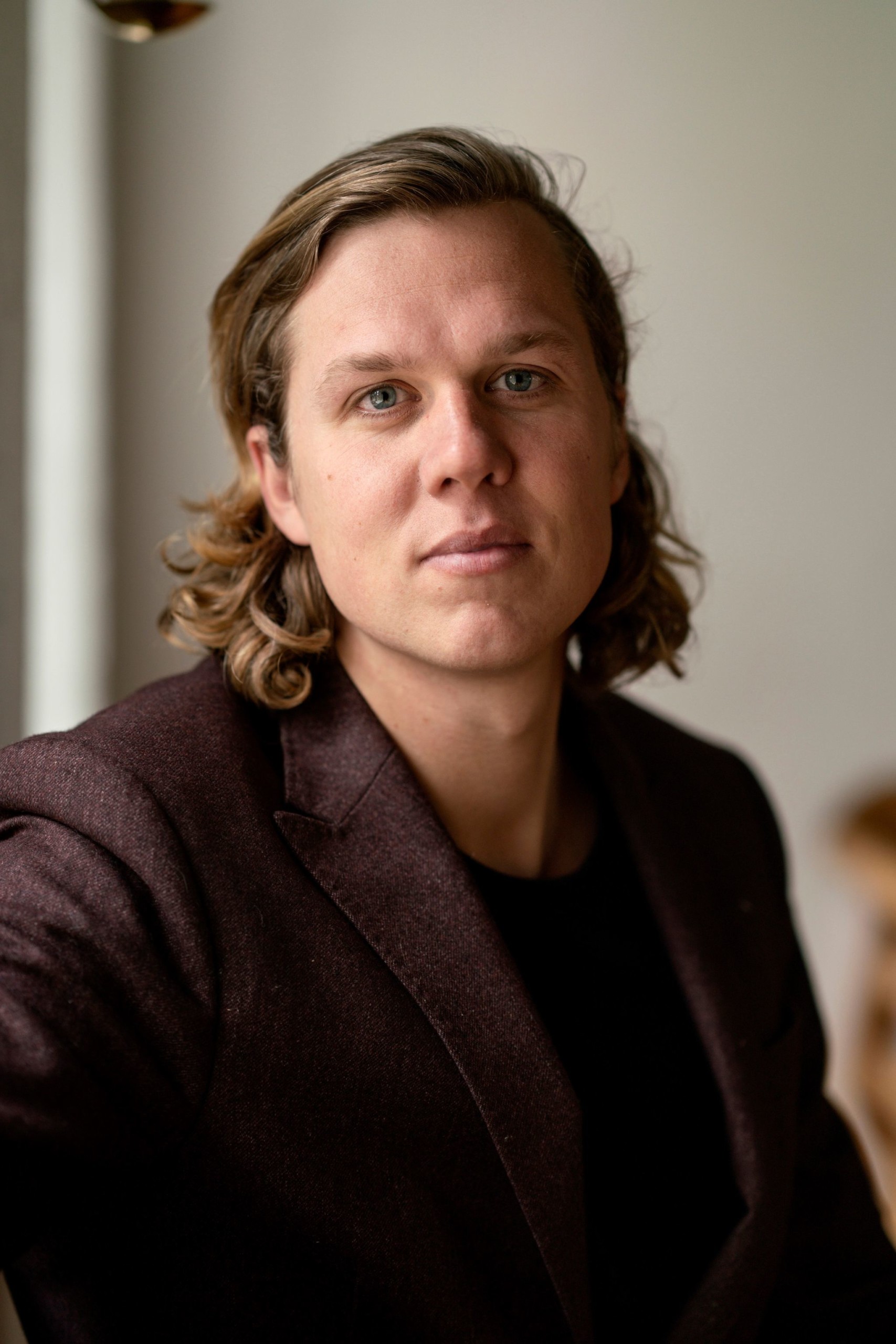Universitetsavisen
Nørregade 10
1165 København K
Tlf: 21 17 95 65 (man-fre kl. 9-15)
E-mail: uni-avis@adm.ku.dk
Ph.d.-forsvar
Ph.d.-forsvar — Snorre Ralund defends his ph.d.thesis: Essays in Social Data Science. Group structure, integration and solidarity
Date & Time:
Place:
On-line via Zoom: https://ucph-ku.zoom.us/j/63009907098
Hosted by:
Department of Sociology
Cost:
Free
Obtaining information on network structures and interactional patterns of a single community or collective, has historically been both costly and challenging. As a result data comparisons of structures across collectives have been very sparse. Taking its departure in an extensive online social media data set, the dissertation studies phenomenons previously inaccessible for comparative analysis such as the detailed interaction and network structures of students and the communication and interaction in social movement groups.
First, the dissertation investigate the network structural properties of socially vibrant student communities showing that networks organized into smaller dense and delimited units as opposed to more unconfined structures where relations criss-cross, has significantly lower dropout rates, higher levels of expressed social satisfaction, and substantially higher social activity as measured through online tagging behavior.
Secondly, it shows that mesolevel network group structure (30-50) as well as small group interaction activity is strongly related to organizational practices of the study program, more specifically the allocation of students into fixed class structures or continuous reshuffling.
Investigating the affordances of online social media data the dissertation engage critically with the field of computational content analysis, and more specifically the use of both unsupervised and supervised approaches to measuring phenomenons in text. Using a simulation design it seeks to show how current validation practices around topic models for measurement, do not guard against highly biased estimates and that guidelines for model selection can lead to arbitrary and even conflicting research conclusions. Subsequently, in a substantial paper on the importance of group style for the political mobilization of activists in the Danish refugee solidarity movement, a supervised learning approach to measuring contentious activity in the communication of activists Facebook Groups is proposed. Combining survey data on activist political engagement as well as background and prior history of activism, with group level information on the contentious style of communication, we use a case control regression design to show the effect of group style.
In the same vein of methodological potentials around online behavioral data the dissertation also contain a mixed methods experiment juxtaposing conclusions drawn from lifehistory interviews with survival analysis of social movement activist careers, to analyze the role of the concrete interactional solidarity – as opposed to more generalized solidarity – arising from interactions with the deprived other in voluntary humanitarian action in relation to refugees.
